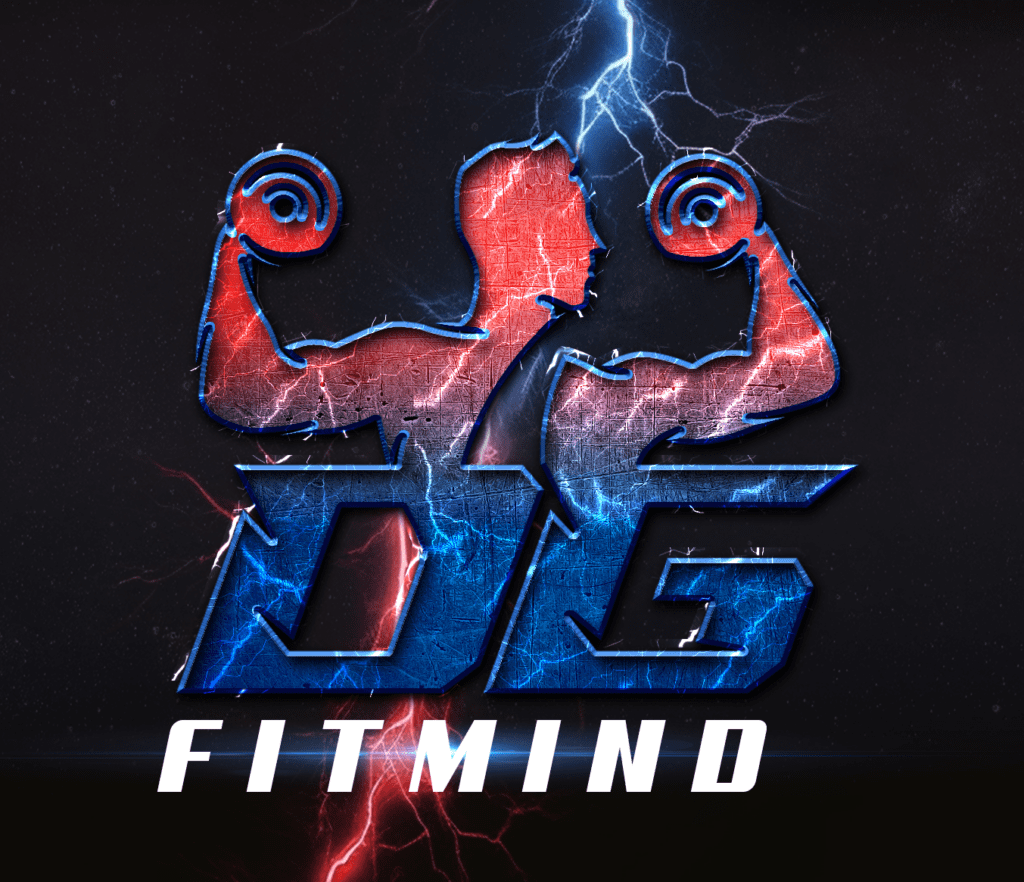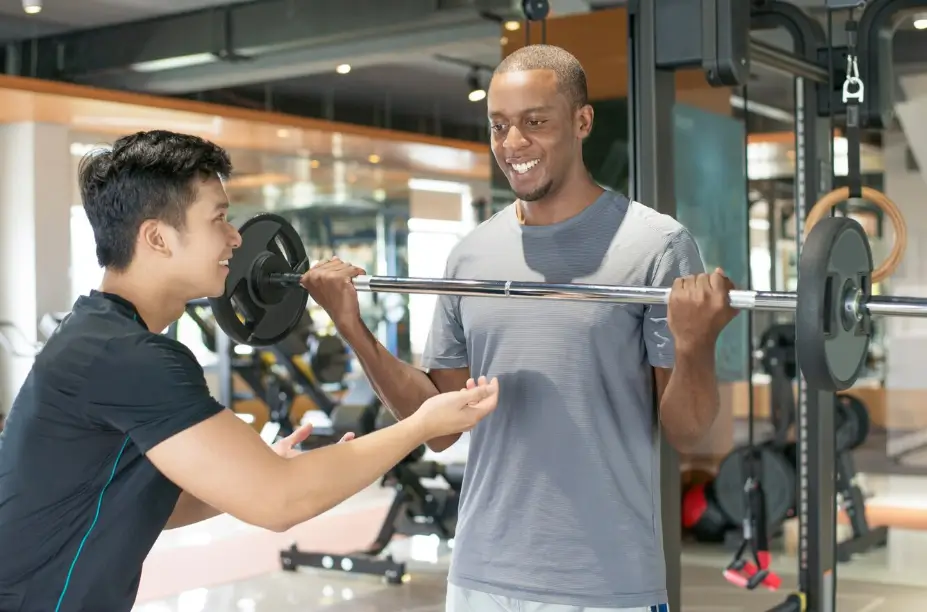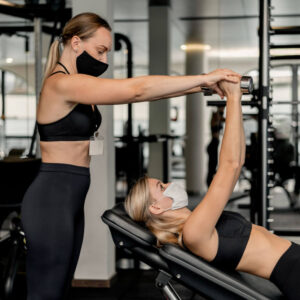The Value of Professional Guidance in Your Fitness Routine
Many Lake Mary residents attempt to achieve fitness goals through self-directed efforts, relying on internet videos, magazine articles, or advice from friends. While these resources can provide basic information, they cannot replace the personalized attention and expertise that a certified coach brings to the process. The difference between generic information and specific application often determines success or failure in reaching health objectives.
A certified coach evaluates your current condition, identifies limitations or imbalances, and designs a program that addresses your specific needs. This individualized approach accounts for factors that generic programs ignore such as previous injuries, movement restrictions, lifestyle demands, and personal preferences. The result is a roadmap altered to your situation rather than a one-size-fits-all template.
Beyond program design, coaches provide real-time feedback that prevents the development of poor movement patterns. Small errors in form, barely noticeable to untrained eyes, can lead to chronic pain or injury over time. A coach’s experienced observation catches these issues immediately and makes necessary corrections before problems develop.
Different Coaching Certifications & Specializations
The fitness industry includes numerous certification bodies and specialty credentials. Lake Mary residents seeking coaching should understand what different qualifications indicate about a professional’s training and expertise. Reputable certifications require extensive study, practical examinations, and ongoing education to maintain credentials.
Some coaches hold certifications focused on general fitness training, which provides broad knowledge applicable to most healthy adults. Others pursue specialized credentials in areas such as corrective exercise, sports performance, pre-and-post-natal fitness, or senior fitness. These specializations indicate deeper expertise in specific populations or training methods.
Coaches may also hold credentials in related fields such as nutrition, sports psychology, or physical therapy. These additional qualifications allow for more complete service that addresses multiple aspects of health and performance. When evaluating prospective coaches, consider which credentials align with your particular needs and goals.
How Coaches Create Sustainable Progress Through Periodization
Effective coaches in Lake Mary use periodization principles to structure training over weeks and months. This systematic approach varies intensity, volume, and exercise selection to promote continuous adaptation while preventing overtraining and burnout. Random workouts chosen day-by-day cannot match the results achieved through thoughtful long-term planning.
Periodization typically includes phases focused on different objectives. A strength-building phase might emphasize heavy loads and lower repetitions, followed by a hypertrophy phase with moderate weights and higher volume. Subsequent phases might target power development or muscular endurance depending on overall goals. This variation keeps training fresh while addressing multiple fitness components.
The structure also incorporates deload weeks where training stress reduces to allow for recovery and adaptation. Many people pushing themselves without professional guidance never reduce intensity, leading to accumulated fatigue and diminished returns. Coaches ensure appropriate recovery periods are built into the program, not treated as signs of weakness.
Motivation & Accountability That Drives Consistency
One of the most significant benefits coaches provide is consistent accountability. When you have a scheduled session with a professional who expects your attendance, you’re far more likely to follow through than if training depends solely on personal motivation. This external structure proves particularly valuable during periods when enthusiasm wanes or life stress increases.
Coaches also serve as sources of motivation during challenging workouts. When fatigue sets in during the final repetitions of a difficult set, a coach’s encouragement can be the difference between stopping prematurely and achieving the stimulus needed for adaptation. This push beyond comfortable limits is where progress happens, but it’s difficult to generate that intensity alone.
The relationship between coach and client often extends beyond exercise instruction. Many Lake Mary coaches become trusted advisors who help clients work through mental barriers, lifestyle obstacles, and self-limiting beliefs. This holistic support addresses the psychological and emotional components of health that are inseparable from physical progress.
Injury Prevention & Safe Program Progression
Injuries derail fitness progress more than any other factor. People training without professional guidance often increase weight, volume, or intensity too quickly, leading to overuse injuries that require weeks or months of recovery. Coaches understand appropriate progression rates based on training age, current fitness level, and recovery capacity.
A coach’s knowledge of biomechanics helps identify movement compensations that increase injury risk. Many people unknowingly use incorrect muscle recruitment patterns during exercises, placing excessive stress on joints and connective tissues. Professional observation catches these issues and provides corrective strategies before problems develop.
When injuries do occur, qualified coaches can often modify programs to allow continued training around the injury. Rather than complete cessation of activity, they identify exercises and movements that don’t aggravate the problem. This approach maintains fitness and momentum while allowing the injured area to heal.
Technical Skill Development for Advanced Exercises
Certain exercises require technical proficiency that develops only through proper instruction and practice. Olympic lifts, for example, involve complicated movement patterns and timing that make them dangerous when performed incorrectly. Even common exercises like squats and deadlifts have technical elements that significantly impact both safety and effectiveness.
Lake Mary coaches teach these movements progressively, starting with simplified versions and gradually adding difficulty as competence develops. They use verbal cues, physical demonstrations, and sometimes manual guidance to help clients understand and feel correct movement patterns. This hands-on instruction accelerates learning far beyond what video tutorials can achieve.
As technical proficiency improves, coaches introduce variations and advanced progressions that continue challenging the body in new ways. This prevents adaptation plateaus while expanding movement capabilities. The result is greater long-term progress and reduced risk of repetitive strain from performing the same movements indefinitely.
Nutrition Guidance That Complements Training Efforts
While coaches are not registered dietitians unless they hold those credentials, many provide basic nutrition guidance that supports training goals. They help clients understand macronutrient needs, meal timing considerations, and how to fuel workouts appropriately. This education prevents the common mistake of undermining training efforts through inadequate or improper nutrition.
Coaches can identify when nutritional issues may be limiting progress. Insufficient protein intake, chronic under-eating, or poor meal timing relative to training sessions all impact results. By addressing these factors alongside the exercise program, coaches help clients achieve results that training alone cannot produce.
Some Lake Mary coaches work in conjunction with registered dietitians to provide complete services. This collaborative approach ensures clients receive expert guidance in both training and nutrition without needing to coordinate multiple professionals independently. The integrated service model proves more convenient and often produces better adherence.
Mental Training & Mindset Development
Physical training is as much mental as physical. Coaches help clients develop the psychological resilience necessary for long-term success. They teach strategies for managing discomfort during difficult sets, overcoming fear of challenging exercises, and maintaining focus during training sessions. These mental skills prove valuable far beyond the gym.
Many Lake Mary coaches emphasize the importance of process goals over outcome goals. Rather than fixating on a target weight or appearance, clients learn to focus on behaviors they control such as training consistency, nutrition adherence, and sleep quality. This shift reduces anxiety and creates sustainable motivation based on daily actions rather than distant results.
The relationship with a coach also provides a safe space to discuss doubts, fears, and setbacks without judgment. This emotional support helps clients work through the psychological challenges that often sabotage fitness efforts. Knowing someone believes in your ability to succeed and has seen others overcome similar obstacles provides powerful encouragement.
Adapting Programs to Life Changes & Obstacles
Life in Lake Mary includes work demands, family obligations, travel, and unexpected events that disrupt even the best-laid plans. Coaches excel at adapting programs to accommodate real-world complications. When you have a particularly busy week, they can modify training to maintain progress with reduced time commitment. When travel interrupts normal routines, they provide alternative workouts requiring minimal equipment.
This flexibility prevents the all-or-nothing thinking that causes many people to abandon fitness goals when life gets hectic. Rather than viewing missed sessions as failures requiring starting over, coaches help maintain momentum through creative solutions and adjusted expectations. The focus remains on long-term consistency rather than short-term perfection.
Coaches also help clients prioritize when energy and time are limited. They identify which training elements provide the most benefit and which can be temporarily reduced or eliminated. This strategic approach ensures the most important aspects of fitness are maintained even during challenging periods.
Objective Assessment & Progress Tracking
Self-assessment tends to be unreliable, colored by daily mood fluctuations and subjective perception. Coaches provide objective measurements of progress through various assessment tools. Strength tests, body composition analysis, movement quality evaluations, and performance benchmarks offer concrete data showing improvement over time.
This objective feedback proves particularly valuable during periods when progress feels slow or stagnant. The numbers often reveal improvements that aren’t yet visible or that you haven’t noticed. Seeing measurable progress in strength, endurance, or movement quality provides motivation to continue when subjective feelings suggest nothing is changing.
Regular assessments also allow coaches to evaluate program effectiveness and make data-driven adjustments. If certain areas aren’t improving as expected, they can modify the approach. This responsive adjustment based on actual results rather than assumptions optimizes program design for each individual.







